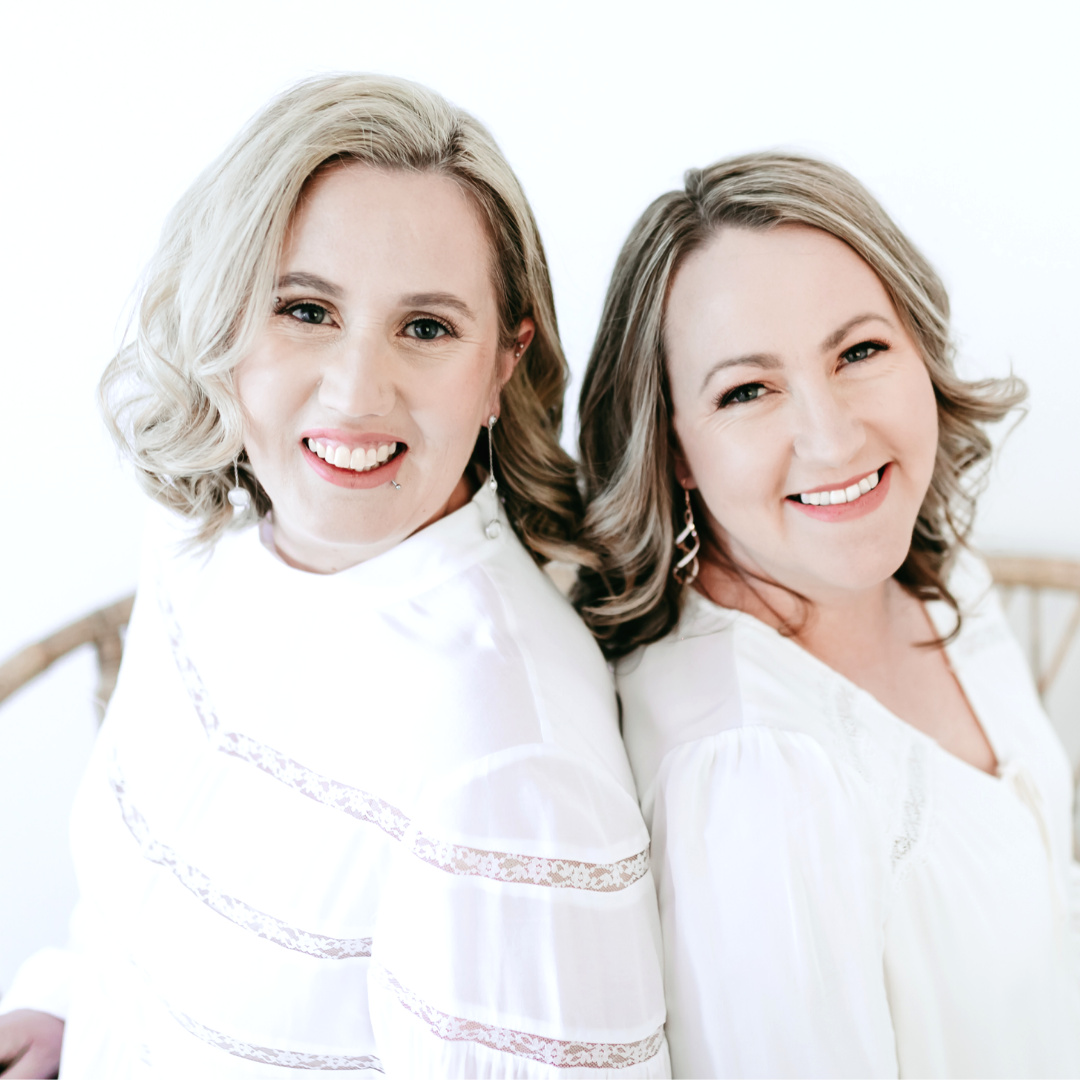How we started out at Remotely
When we first started thinking about and planning Remotely, we had a very clear vision of what the company would look like, how it would operate, what the target market was and where we could see ourselves in 5 years-time. No doubt we were probably very naïve and way overconfident, but in the right proportions to get started without fear. Our vision was BIG!
We knew that like anything we needed to build a strong foundation, we didn’t want to cut corners. In fact, one of our downfalls is that we are perfectionists, and we all know how detrimental that can be, especially to business. Knowing and being firm about our business not failing, is going to be paramount in helping us become one of only 30% of all businesses that succeed past their 5th year in Australia.
We are fast approaching our second year! And counting…
When starting a business there is an absolute minefield of things you have to do. Registering for an ABN, knowing whether you should be starting as a sole trader, partnership or company, checking to see if your social handles and domains are available, building a website etc.
Also when first starting out there is an array of things that you can pay for and all of a sudden google knows what you’re thinking and starts sending you ads for website developers, fancy apps, free downloads that aren’t really free and well All. The. Things. Money can suddenly become a problem when you don’t know what things are going to have a real impact on the success of your business.
To help you out with getting started we wanted to share the big-ticket items that we purchased and services that were non-negotiable for us in case it helps you wade through the list of things you need to do to start your business.
What we were willing to spend money on:
- Accountant – we did not want to leave our finances or the initial company registration to chance
- Graphic Designer – we wanted to appear as a professional company from the outset but also be relatable to our prospective clients and we knew that an experienced graphic designer could pull all of the elements of this together for us
- Brand photographer – because we didn’t want sub par photos of ourselves on a professional website and we also didn’t want other people’s stock photos as you start to see the same photos used over and over again across many businesses. A brand photographer gave us our own professional and creative style
- Videographer – graciously gifted to us by NexGen Filmmakers and gives our audience a quick overview of what we do without having to read mountains of text. It also makes our website more accessible. We would have been more than willing to pay for this if it was not offered to us for free
- IT expert – because this honestly hurts our heads and is the reason that Kailie’s first business stopped dead in its tracks a few years ago. The learning curve was too high for her back then and rather than waste our time we prefer to outsource what we don’t know or don’t want to do
- Marketing Coaching – we honestly lack some knowledge here. It’s been a hard task to implement marketing activities on a small budget without wasting money, however, with coaching we are able to really knuckle down on what is affordable, achievable and gets results thus we can grow our marketing budget to be able to implement the more costly strategies over time.
Some other things you may want to consider:
- Website Developer
- Copywriter
- Content Creator
We didn’t need to pay for these things as we provide these services ourselves to other companies and our website and socials now form part of our portfolio, however, if it’s not your thing, outsource it and concentrate on the aspects of business that you love.
While this might seem like a lot when getting started, they were our non-negotiables. This is what made us confident in our ability to jump straight into client work right off the bat and lucky because as Covid was hitting sectors like retail and hospitality we found that there were others like construction that were booming. Also, with the world having just learnt how to take their workload home and work Remotely it worked out perfectly for us.
Don’t forget though that these things aren’t going to be applicable to every business and we suggest that if your expenses don’t align with the following 4 things, it’s most likely that you don’t need them:
- Company values
- Vision & Mission
- Income – ie. revenue raising items or activities – which could be marketing related (such as an email marketing campaign platform) or task related (such as a course building platform to develop and sell your courses on)
- Essentials – ask yourself if the item or service is absolutely essential for running the business, ie. your trade tools are (think computer, products, tools, machinery) as well as your coffee machine (haha ok may not) but an expensive office, as a virtual assistant, would be nice but is not essential. When considering expenses ask yourself whether the business can operate without it.
If you don’t have a lot of money to start a business or these costs seem to be above your means, just start somewhere. Don’t let budget stop you but do set financial goals and work towards meeting them.
Next month we talk about all things finance related so don’t panic just yet.
Kailie & Nikita






Leave A Comment